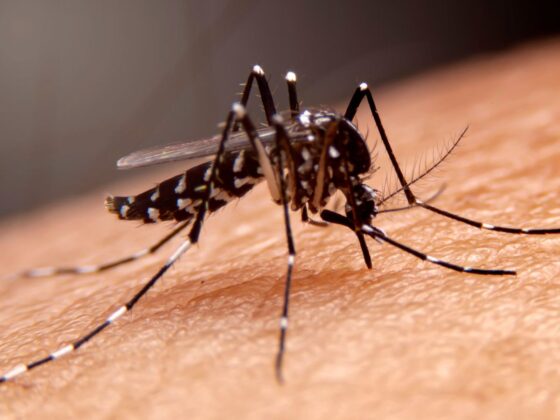Having a quiet miscarriage can be emotionally and physically draining, so it is important to look after yourself during this time. While there is not a strict list of foods to avoid after a silent miscarriage, there are some general recommendations to support your recovery and overall well-being.
Let’s look at which foods to avoid after experiencing a silent miscarriage:
- Alcohol: It is best to stay away from alcohol while you’re healing after a miscarriage. Drinking alcohol may have an adverse effect on emotional health and hormonal balance. Alcohol can also worsen depressive or melancholy symptoms and impair judgment. Opting for non-alcoholic substitutes like fruit-infused sparkling water or herbal mocktails can still provide a cool treat without the possible drawbacks of alcohol.
- Raw Or Undercooked Meats: It is important to stay away from eating raw or undercooked meats, poultry, shellfish, and eggs in order to reduce your chance of contracting a foodborne illness. These foods may contain dangerous bacteria like E. Coli, Salmonella, and Listeria, which can be extremely dangerous to your health, especially if you eat them right before something important. To lower the danger of infection, make sure that all meats are cooked all the way thoroughly to a safe internal temperature.
- Foods Associated with Unpleasant Memories: After a miscarriage, several foods may bring up unpleasant memories or mental anguish related to the incident. During this period, it is important to pay attention to your physical demands and respect your emotional needs. It is okay to temporarily avoid foods that bring up unpleasant feelings or memories in favour of concentrating on eating foods that feel healthy and soothing.
- Spicy Foods: For some people, eating spicy food during the recovery period makes their gastrointestinal symptoms or discomfort worse. If you are sensitive to spicy food, you should temporarily avoid it or choose less spicy options until your digestive system settles down. Try out some mild herbs and spices like cinnamon, ginger, and turmeric for their potential calming effects.
- Foods That Are Highly Processed: Foods that are highly processed, such sugary snacks, fast food, and packaged meals, frequently lack important nutrients and can cause blood sugar fluctuations. Focus on feeding your body whole foods that are high in antioxidants, vitamins, and minerals instead. To provide your body the nutrition it needs for healing and overall health, be sure to include lots of fresh fruits and vegetables, whole grains, lean proteins, and healthy fats.
- Caffeine: While most people consider moderate caffeine consumption to be safe, some women may decide to cut back on their intake or give up caffeine completely after suffering a miscarriage. In addition to altering sleep cycles, caffeine can heighten tension or anxiety during vulnerable moments. Opting for caffeine-free herbal teas or decaffeinated beverages can be a soothing alternative.
- Excessive sodium: Foods high in sodium, such as canned soups, processed snacks, and salty sauces, can cause discomfort, bloating, and water retention. Rather than using salt to season your food, use herbs, spices, and lemon juice, which are lower in sodium. Fresh fruits and vegetables are naturally low in sodium and can help balance fluid levels in the body.
Apart from these nutritional recommendations, it is important to pay attention to self-care and ask for help when you need it from family, friends, medical professionals, or support groups. Since each person’s healing journey is different, it’s essential to have patience and compassion for yourself while you work through this trying period.











